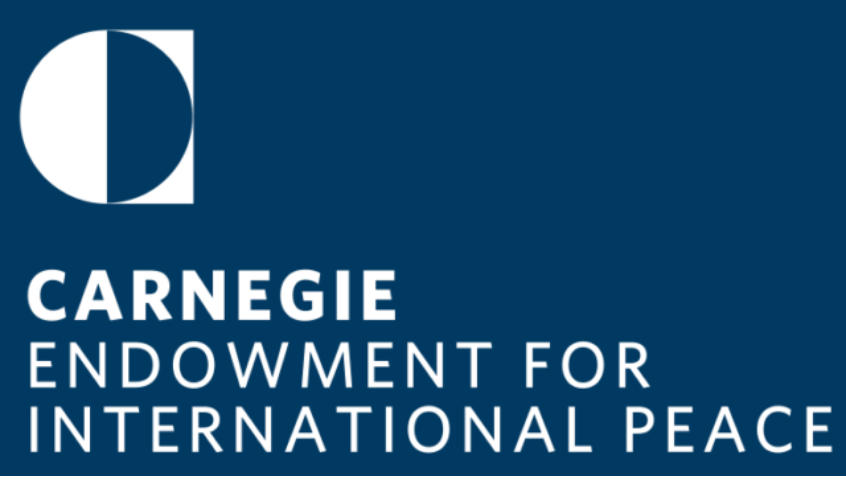https://carnegieendowment.org/2023/04/11/lula-is-struggling-to-address-brazil-s-deep-polarization-pub-89501
One hundred days into his term, the president has taken steps to address the country’s divisions. But his attempts to play to his base are muddling his push for unity.
After Luiz Inácio Lula da Silva’s close victory in a highly acrimonious runoff election last year, the Brazilian president’s inaugural ceremony on January 1 was meant to have a soothing impact. Lula, who had built a remarkably broad alliance, was handed the presidential sash by a group of Brazilians representing the country’s vast diversity. An indigenous leader, a black female trash collector, and an activist with cerebral palsy, among others, stood in for outgoing president Jair Bolsonaro, who had left Brazil a few days prior to the end of his term. “No more hatred, fake news . . . and weapons,” the president told spectators, asking the country to “turn the page” after four years shaped by political turbulence and increasingly destructive polarization, as well as an election campaign that saw several cases of deadly violence between supporters of the two candidates.
On other occasions, too, Lula has sought to establish a constructive relationship with political leaders on the other side of the aisle while facing down the leftist wing of his own party. The president invited a large number of agribusiness leaders to join on his planned trip to China (delayed due to illness), an initiative largely meant to build greater rapport with a group that had been firmly part of Bolsonaro’s camp. A pragmatic stance on tax reform, a new…









